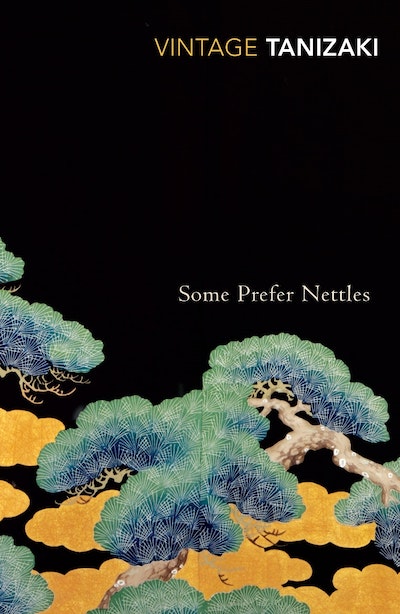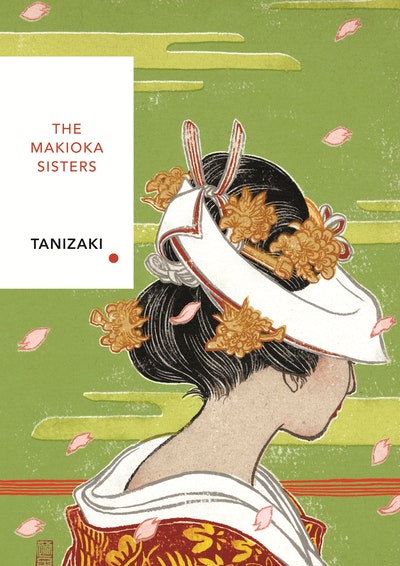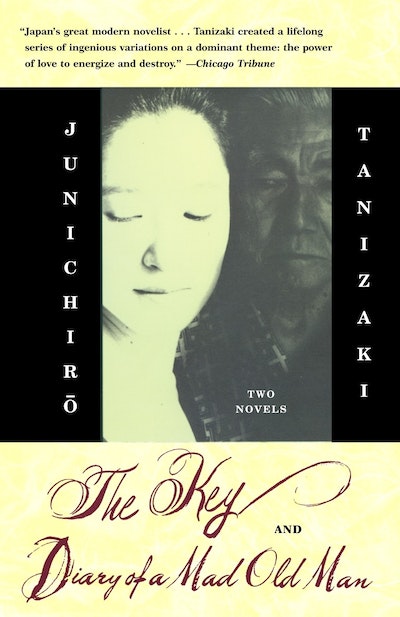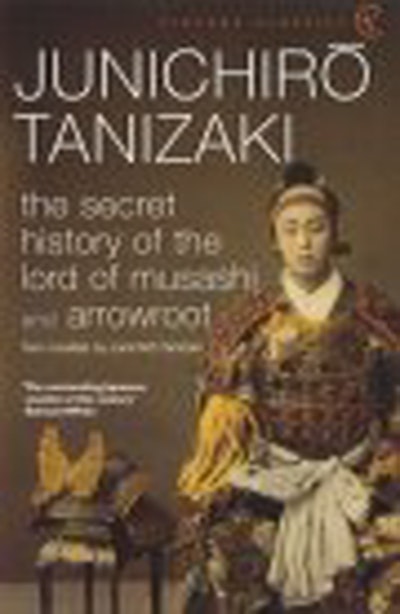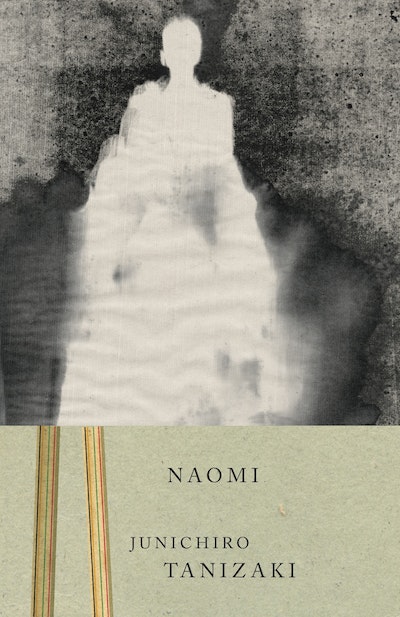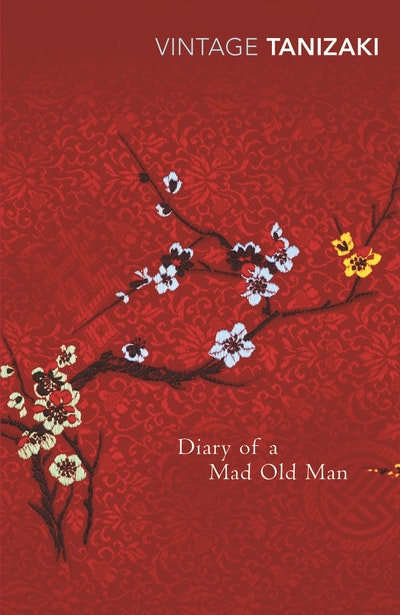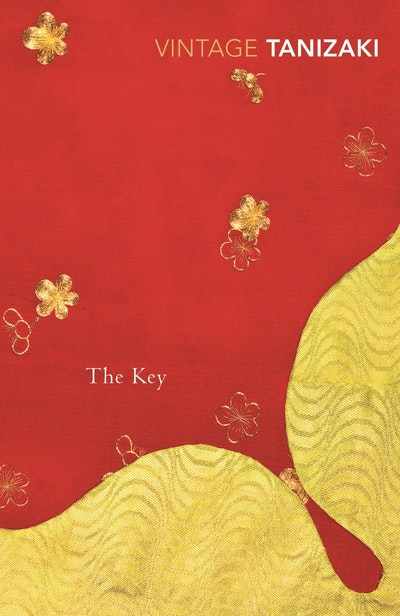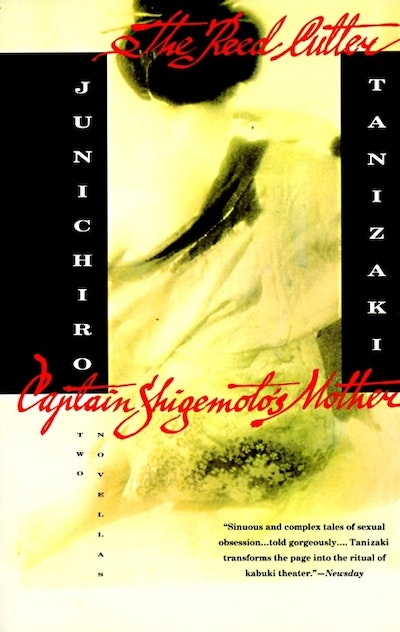[]
- Published: 4 May 2001
- ISBN: 9780099283379
- Imprint: Vintage Classics
- Format: Paperback
- Pages: 160
- RRP: $26.00
Some Prefer Nettles
Formats & editions
Buy from…
- Published: 4 May 2001
- ISBN: 9780099283379
- Imprint: Vintage Classics
- Format: Paperback
- Pages: 160
- RRP: $26.00
A chilling climax. Tanizaki is a master of ambiguity in his own language and the subtle flavour of the work is skilfully preserved in this translation
The Times
It is important that the British public should become acquainted with this great twentieth-century Japanese fiction writer
Anthony Burgess
